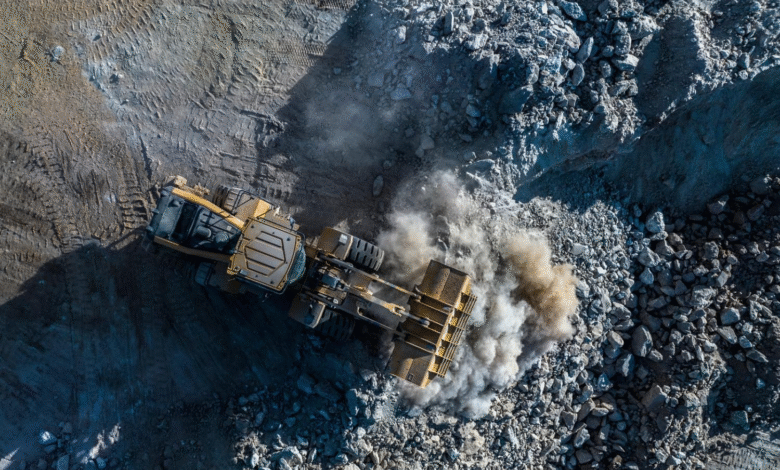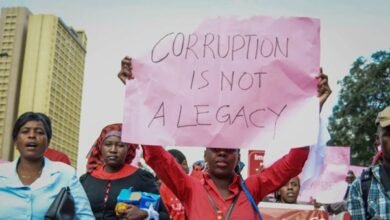Natural resources : Zimbabwe bets on local lithium processing
The Zimbabwean government has decided to ban the export of lithium concentrates starting in January 2027 in order to stimulate domestic production of battery-grade lithium. This strategic shift aims to boost revenue, create jobs, and build a local chemical industry.

Zimbabwe, Africa’s leading lithium producer, has taken a decisive step in its mining strategy: as of January 2027, the export of lithium concentrates will be prohibited. The information was confirmed on June 10, 2025, by the Minister of Mines, Winston Chitando, following a cabinet meeting.
This tightening of export controls, first launched in 2022 with the ban on raw ore exports, serves a dual purpose: to encourage mining companies to invest in local processing and to ensure the state earns higher revenues through the export of value-added products. With nearly 122,000 tonnes of concentrate produced in 2024—almost double the previous year’s figure, according to S&P—the country now has the necessary volumes to build a local value chain.
Encouraging mining companies to invest in local processing
The country’s attractiveness remains strong, especially for Asian investors. Since 2021, Chinese groups such as Sinomine, Huayou Cobalt, Chengxin, Yahua, and Canmax have jointly invested over one billion dollars in the sector. Zimbabwe benefits from significant deposits and a relatively stable political framework in the mining sector, making it a preferred destination for international investment.
However, the sharp drop in lithium prices in 2023 led the authorities to temporarily ease some of their requirements, particularly regarding immediate local processing. In 2024, Harare relaxed its conditions to avoid stalling operator activity. Nevertheless, the strategic direction remains unchanged: to promote a domestic battery industry and stop merely selling raw materials.
The expected gains for Zimbabwe’s economy could be considerable…
The economic stakes are clear: on the Shanghai market, one tonne of refined lithium carbonate can sell for up to $8,489, compared to only $570 for a tonne of exported concentrate. The gap is such that by betting on local transformation, Zimbabwe hopes to capture a much larger share of the value.
But several challenges remain. The country faces critical infrastructure deficits, especially in energy and transport. The instability of the electricity grid, in particular, hampers the deployment of large-scale industrial projects. Added to this are the volatility of global lithium prices and the need for better coordination between the government and private actors.
Some criticism has emerged. Observers argue that the decision to ban concentrate exports comes too late, after several years of extraction that mostly benefited foreign companies. Furthermore, local miners are requesting a postponement of the new 5% export duty planned under the reform, until the first plants become operational. They fear a premature tax burden could harm the profitability of their projects.
Despite these challenges, Zimbabwe’s strategy is hailed as a model for other African countries rich in natural resources.
A signal to the entire continent: owning raw materials is no longer enough… Africa must position itself as a continent of transformation
The Zimbabwean example shows that a country can transition from being a simple exporter to becoming an integrated player in the global value chain. It sends a strong message: in the face of the growing battery sector and rising demand for critical minerals, Africa must position itself not just as an extractor but as a processor.
To achieve this, states must establish clear, stable, and attractive policies. It also requires the development of long-term industrial partnerships, with investors willing to support skills development and infrastructure.
If Zimbabwe succeeds in meeting its goals by 2027, it could not only generate billions in additional revenue but also inspire a new generation of African industrial policies—more sovereign, more sustainable, and more strategic.
Key figures:
- 2024 production: ~122,000 tonnes of concentrate
- Foreign investment: > 1 billion USD
- Prices: lithium carbonate ~8,489 USD/tonne, concentrate ~570 USD/tonne






